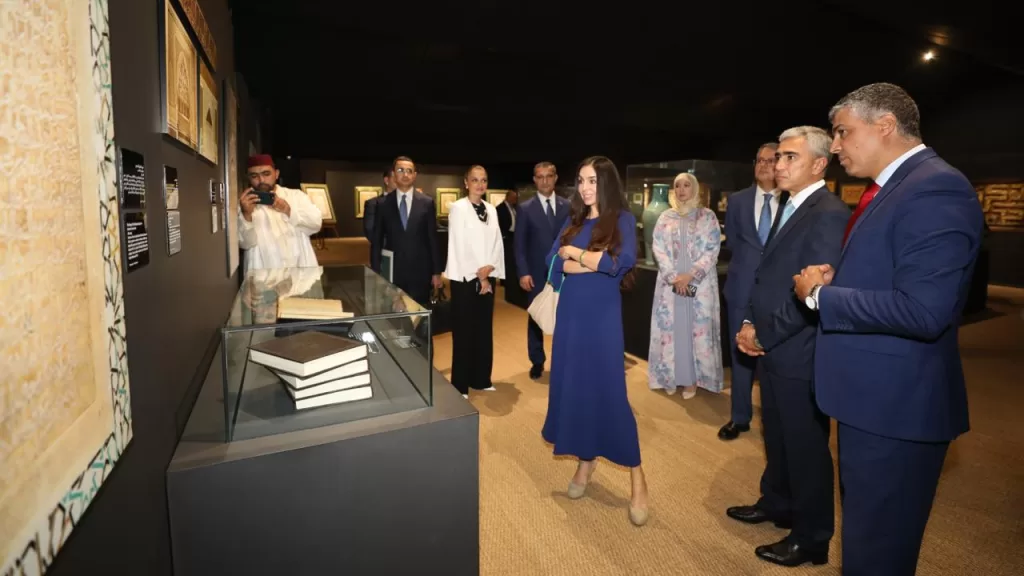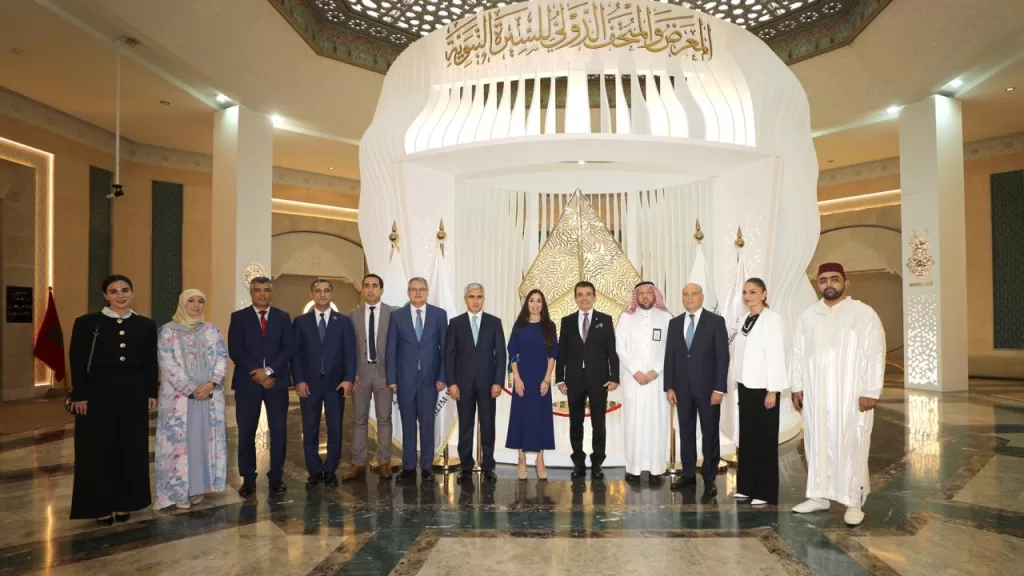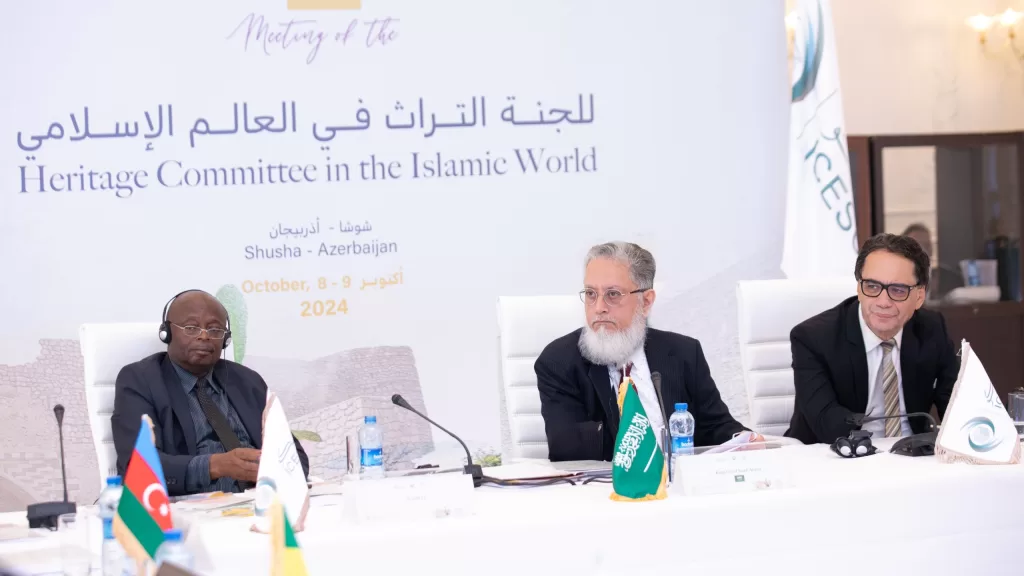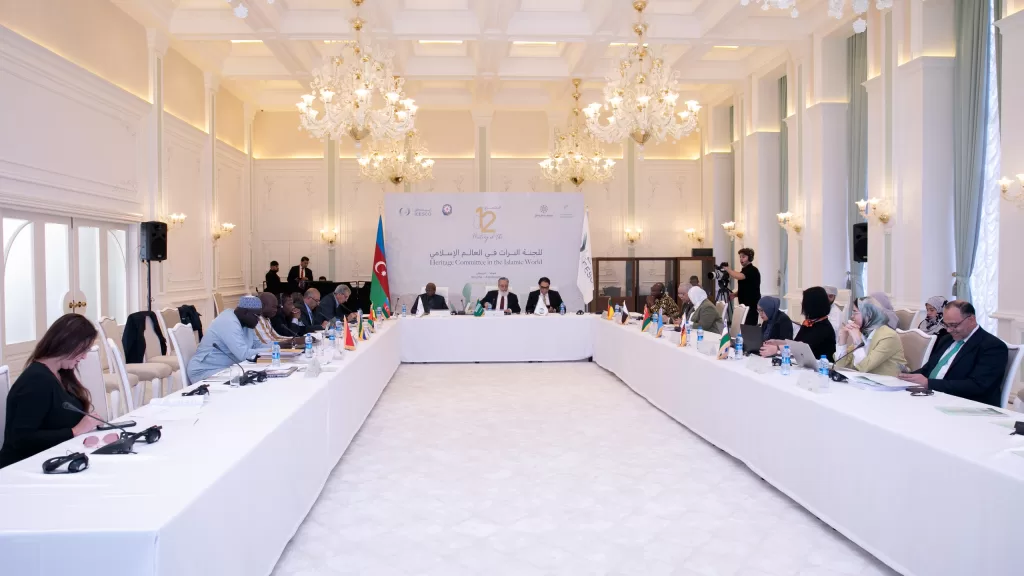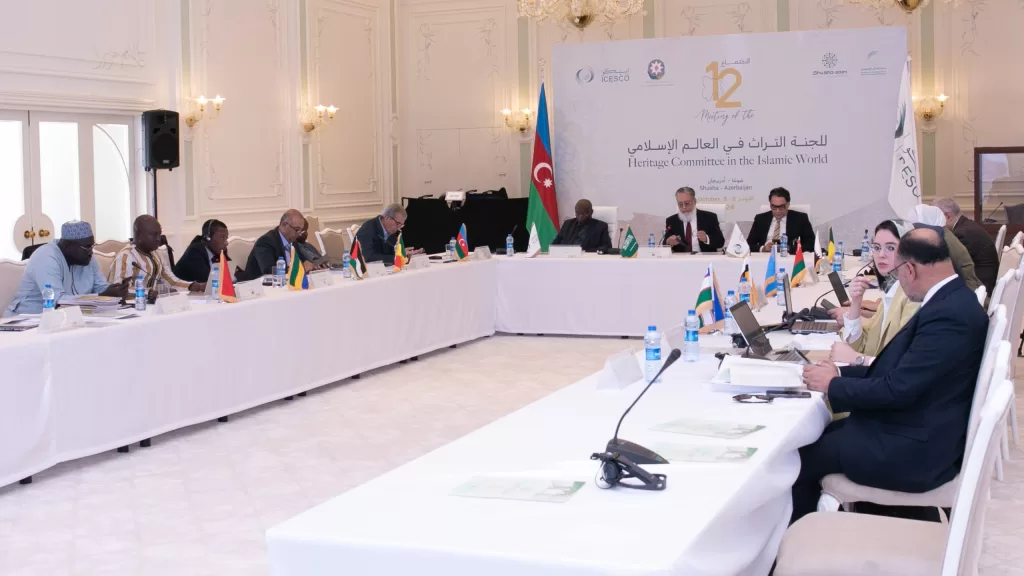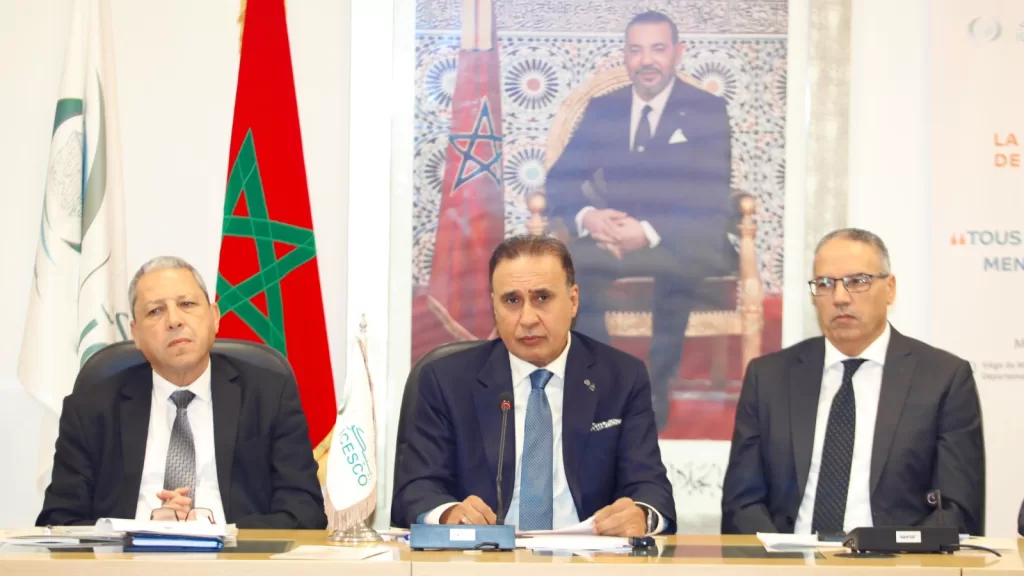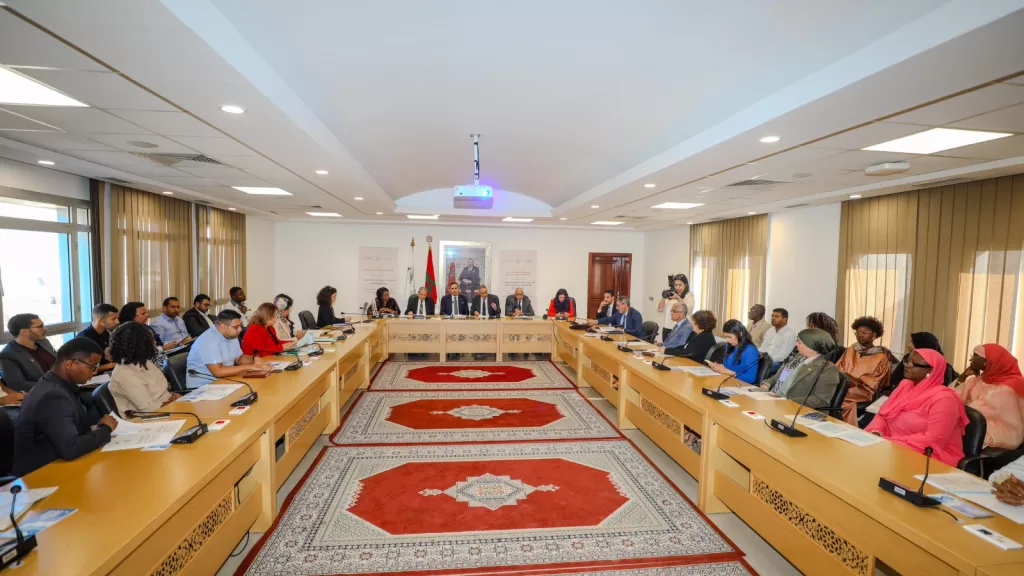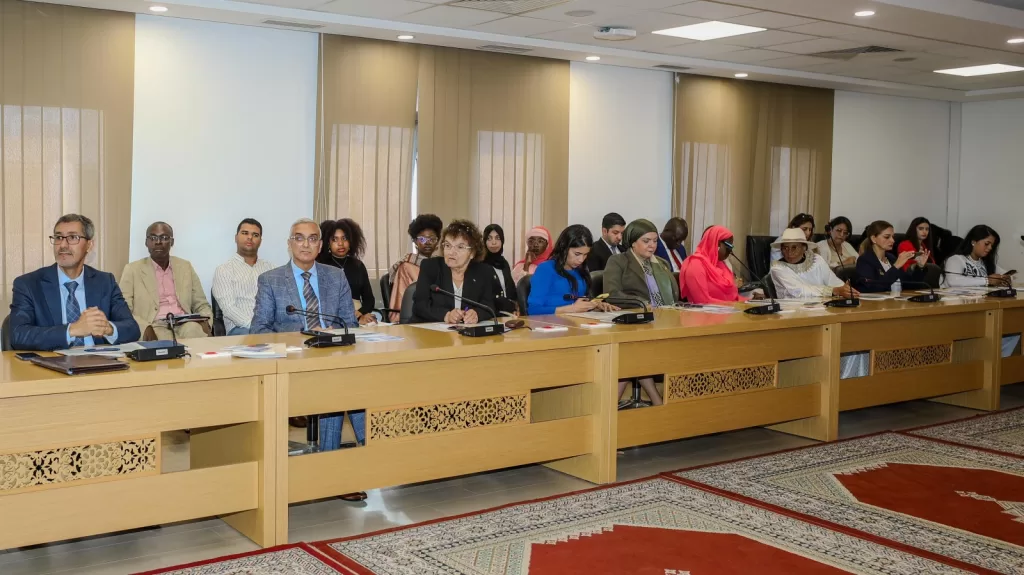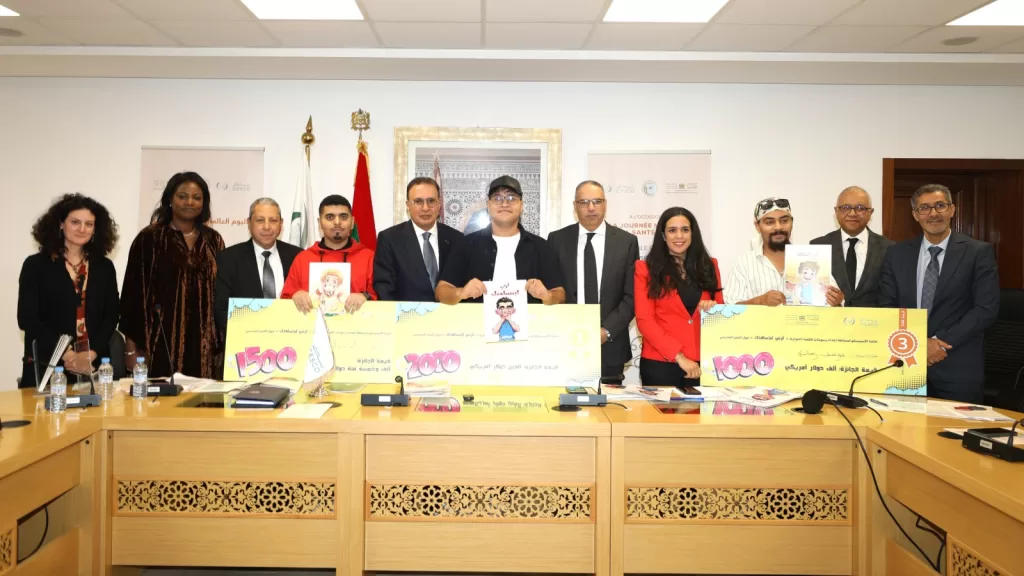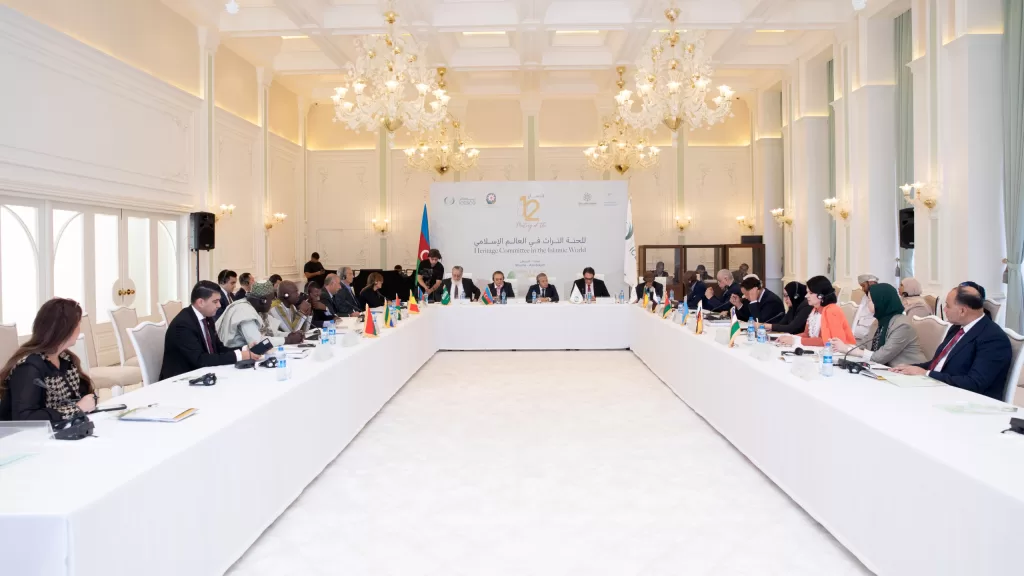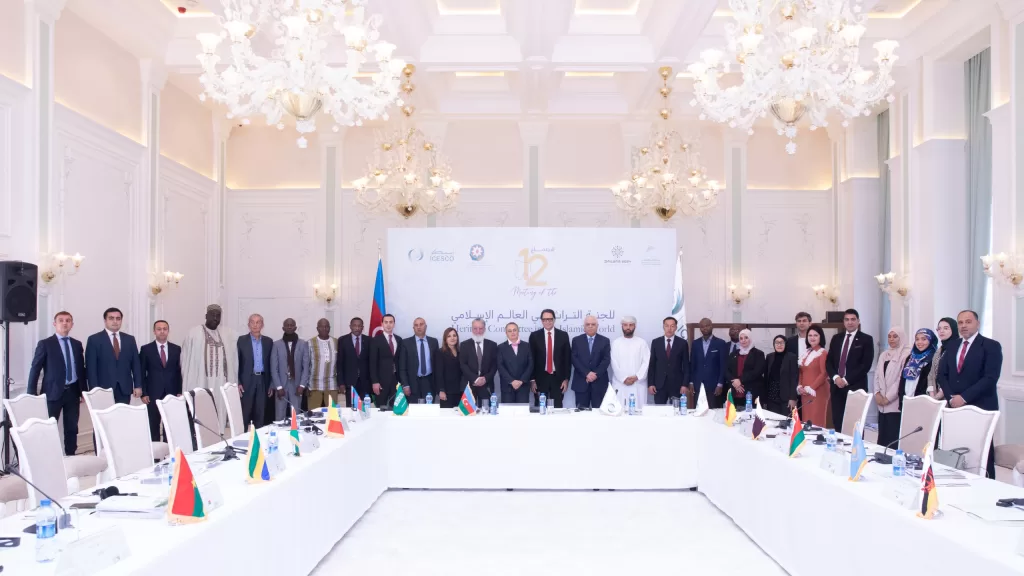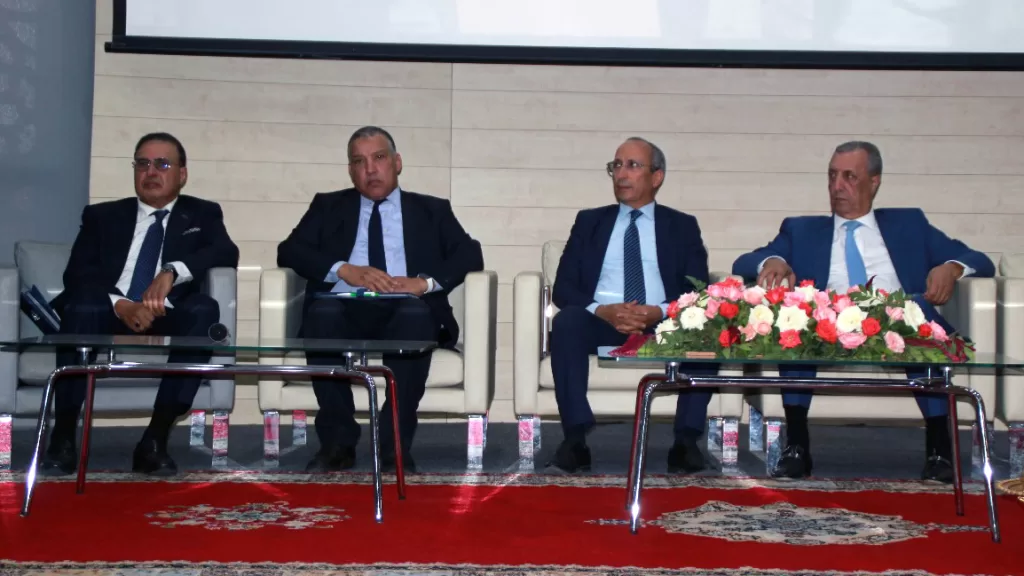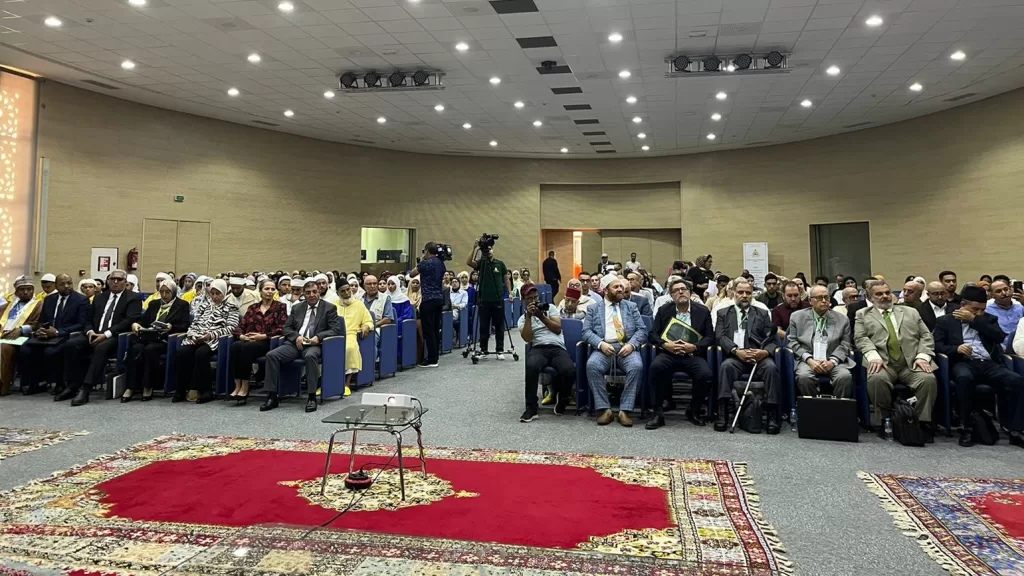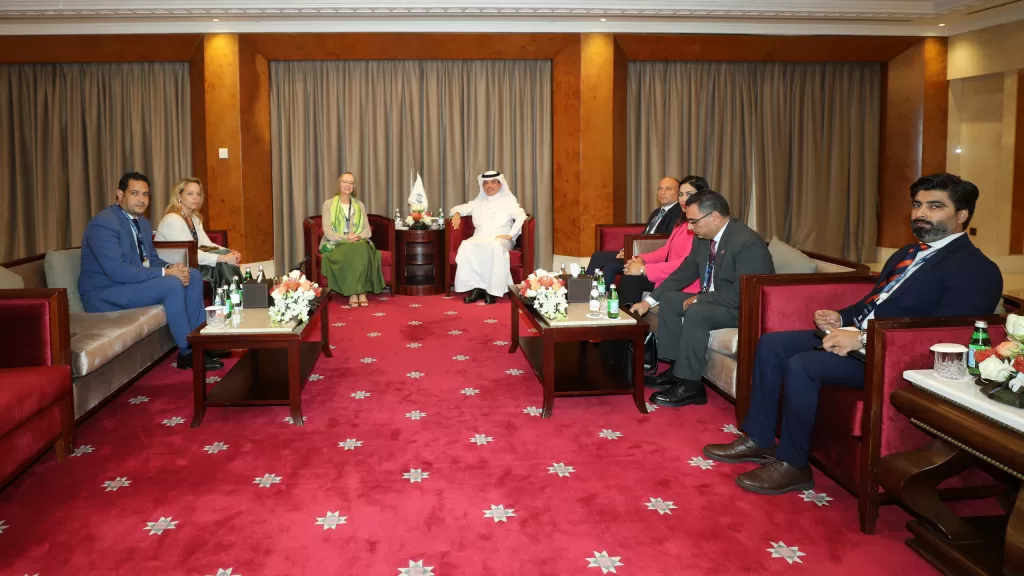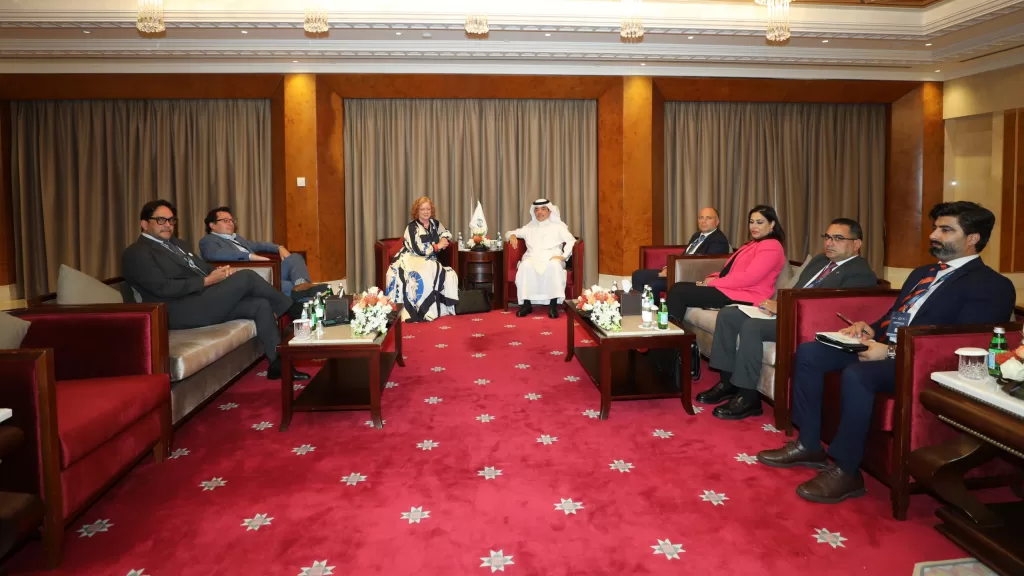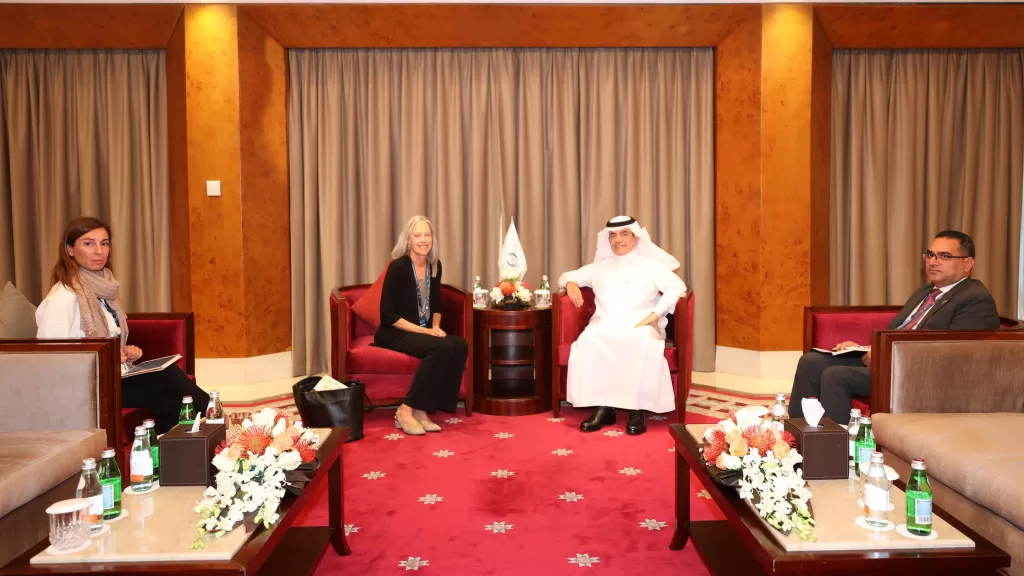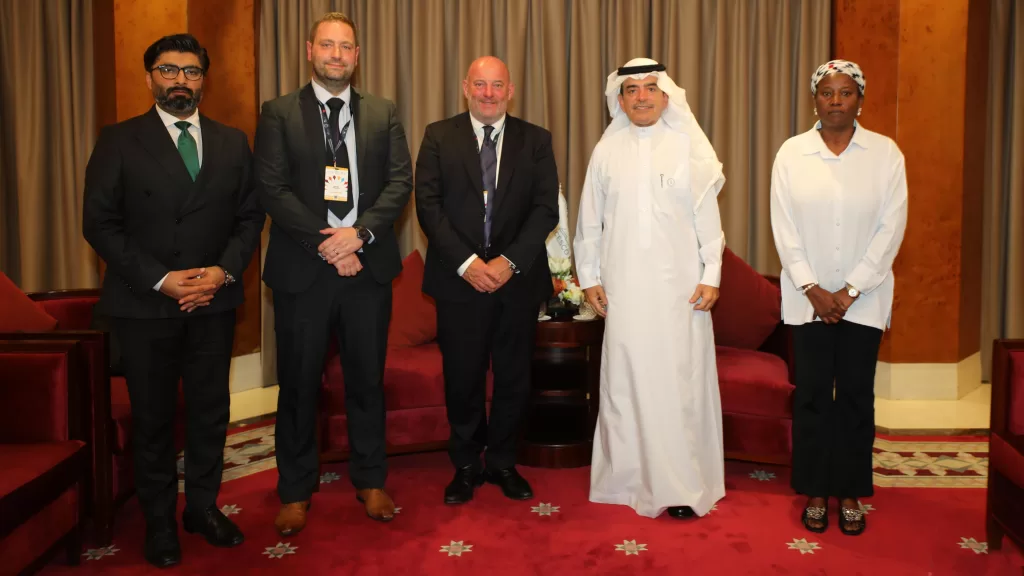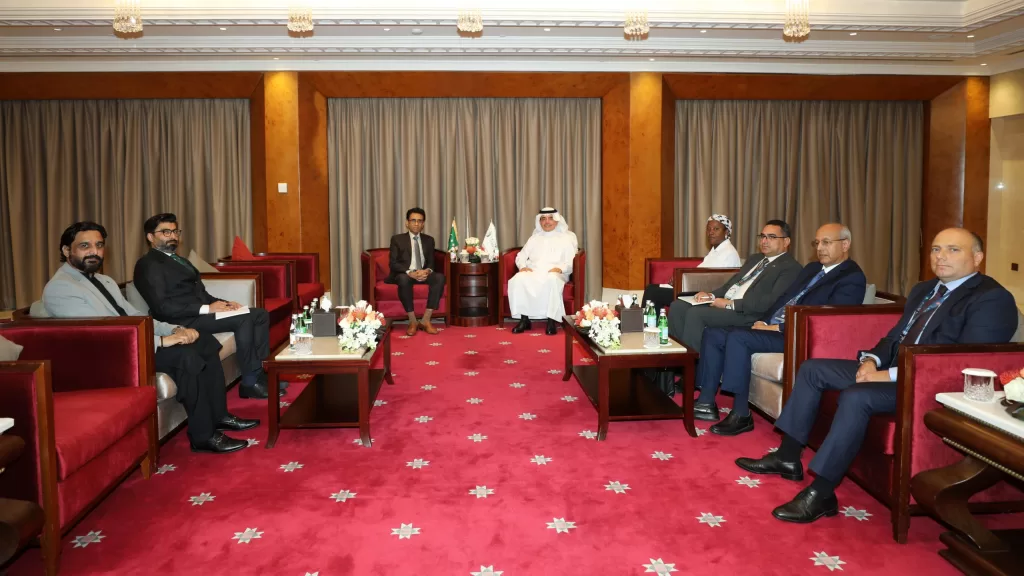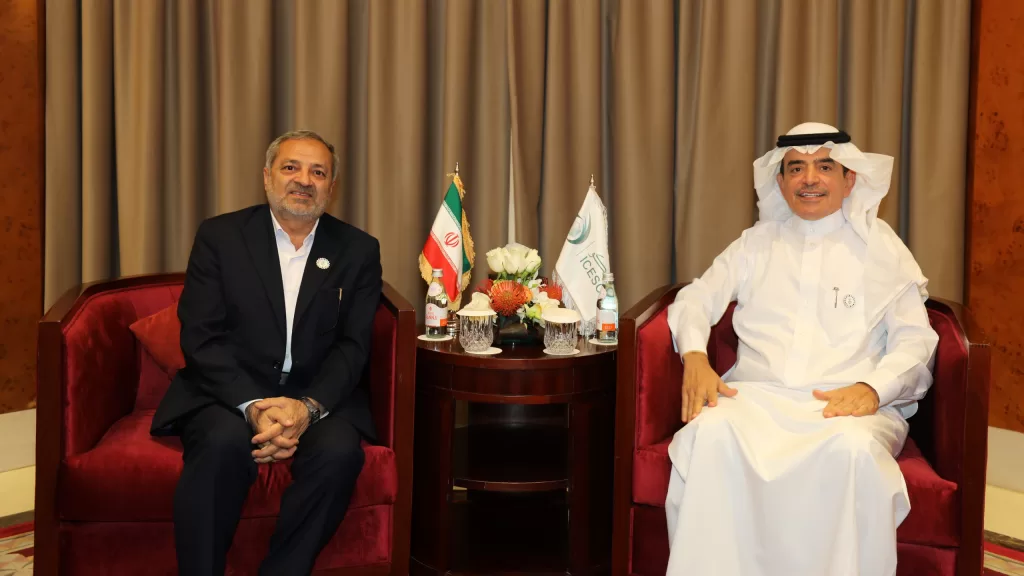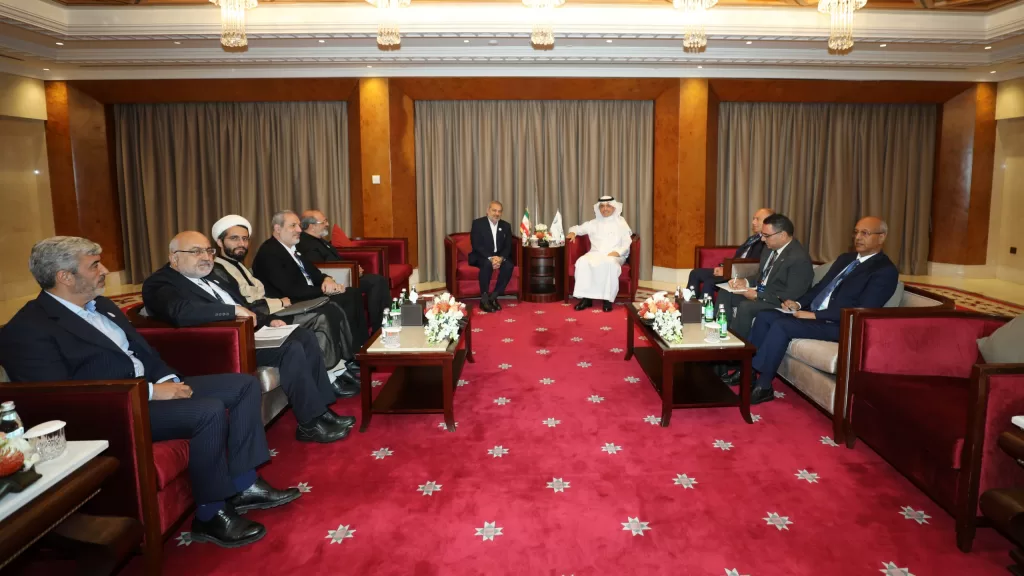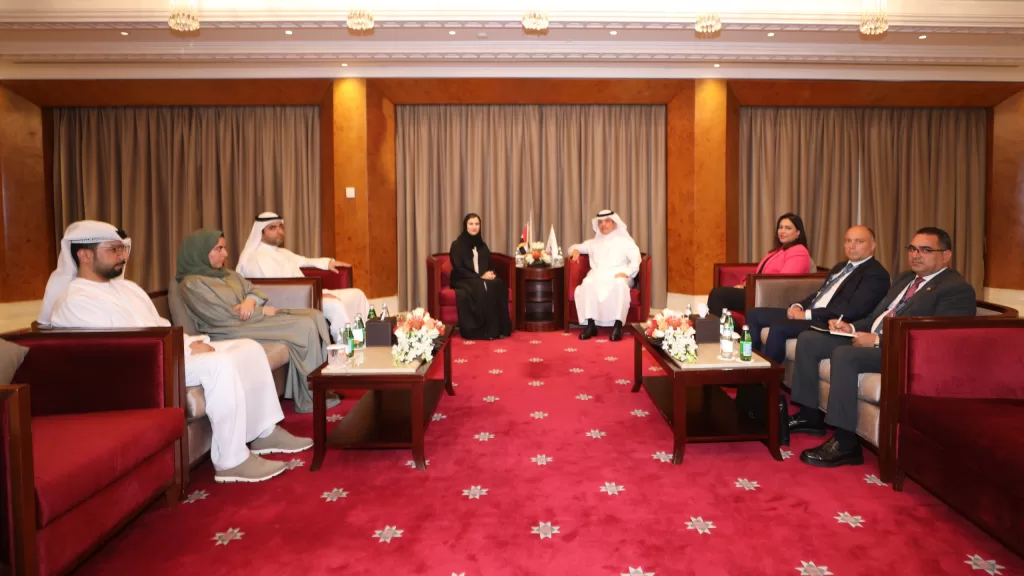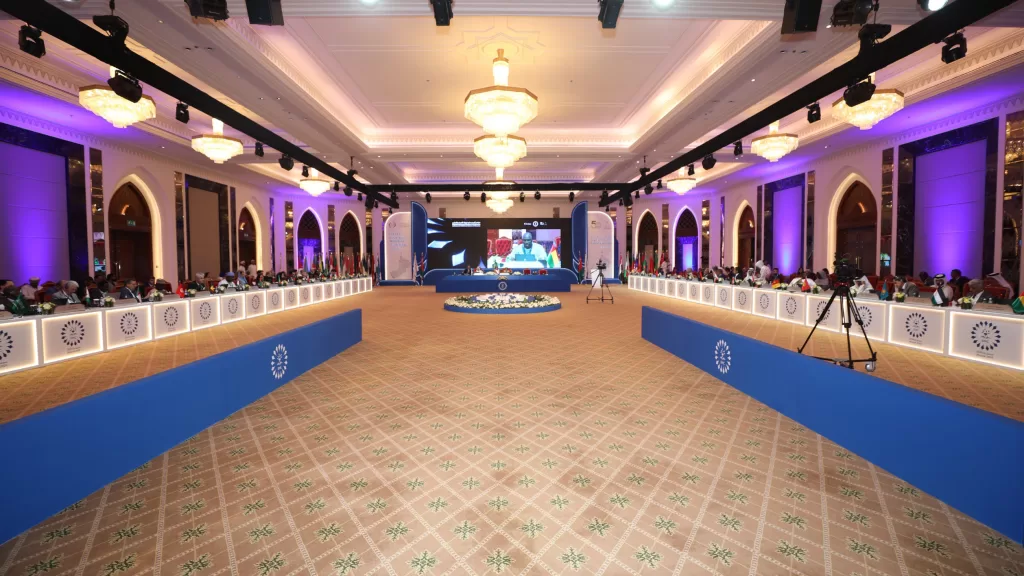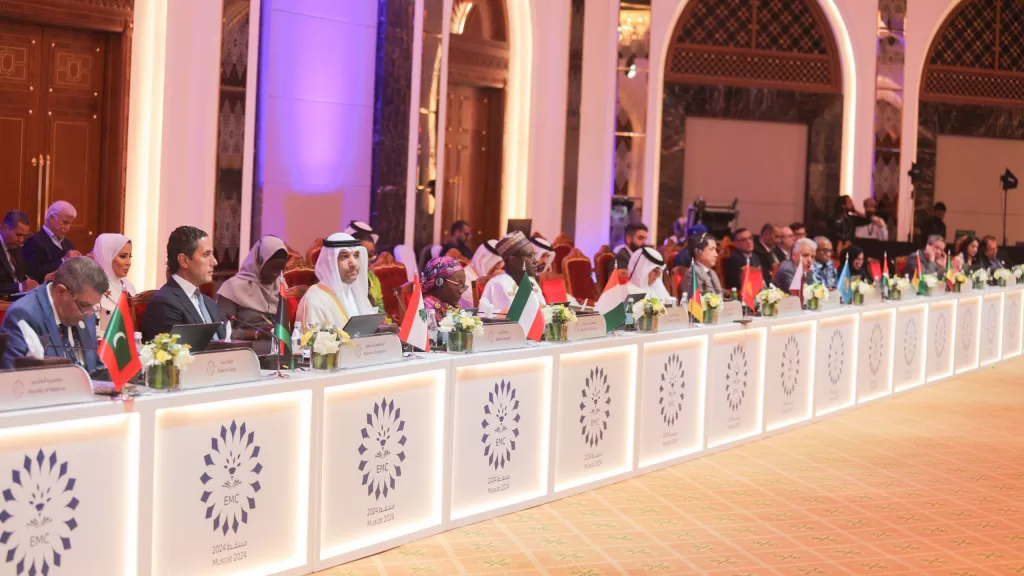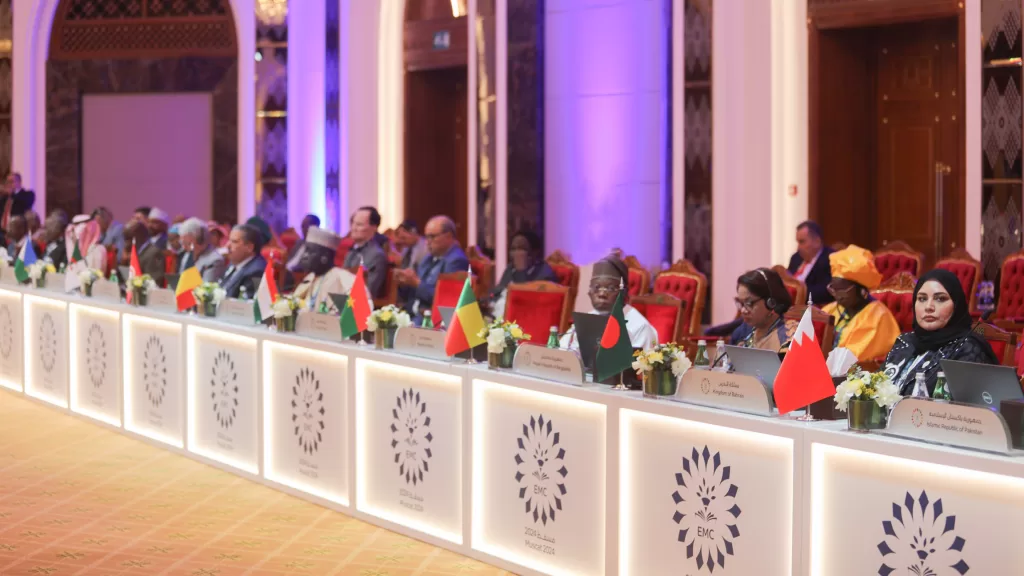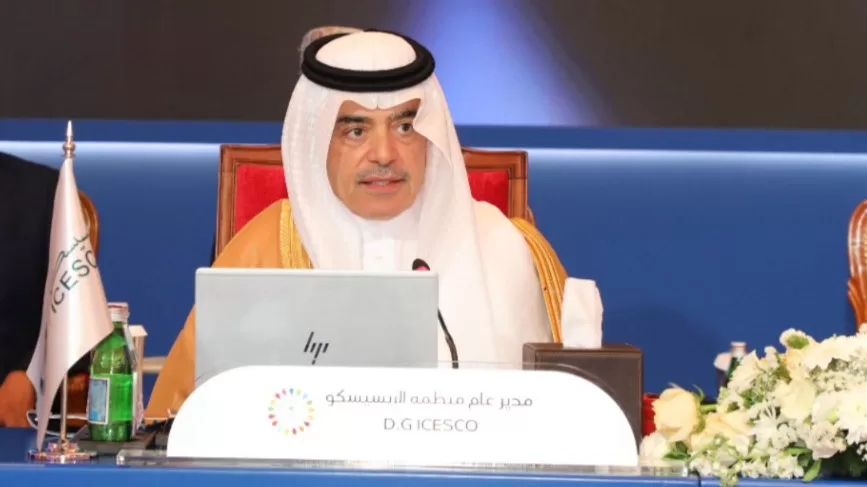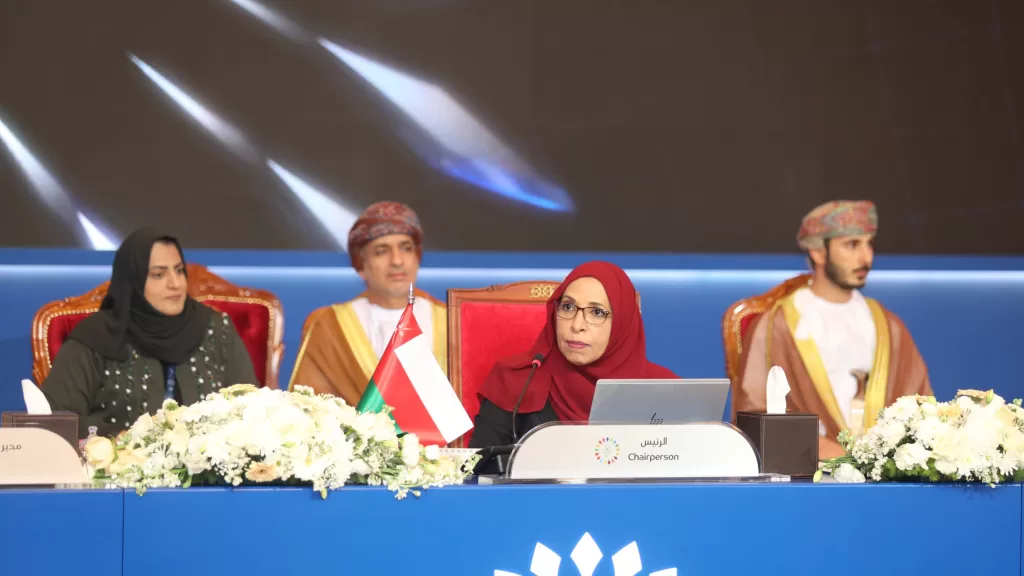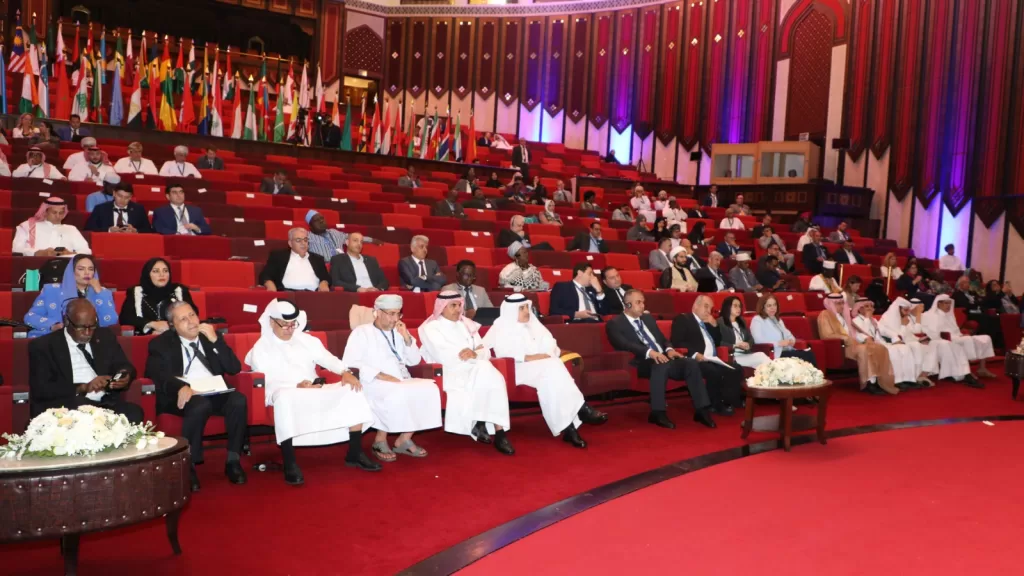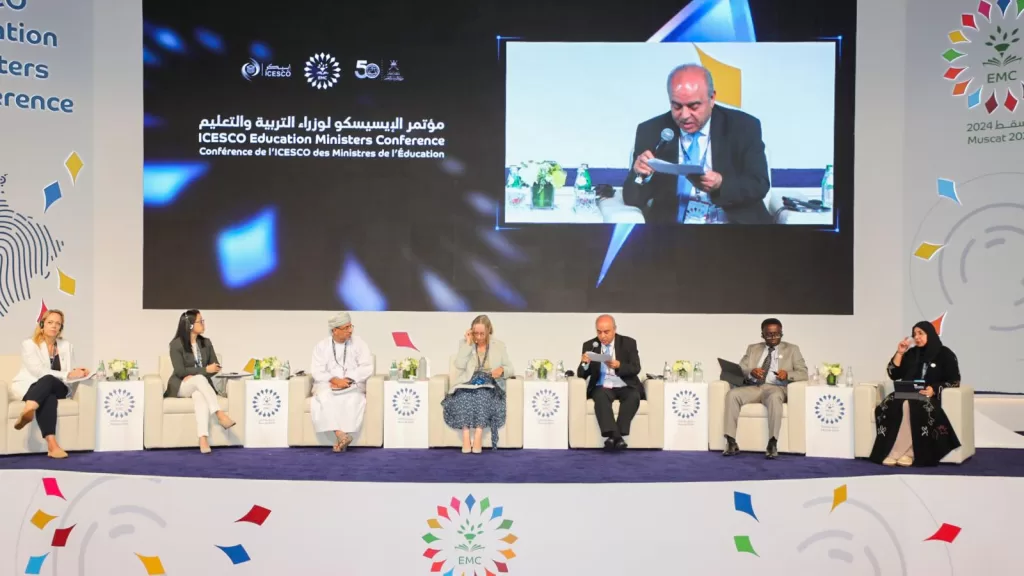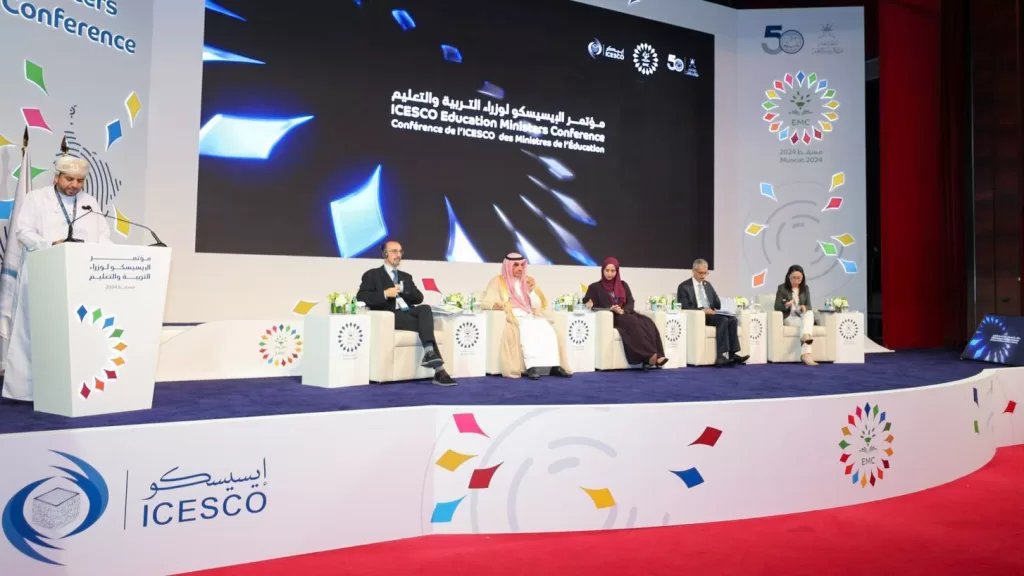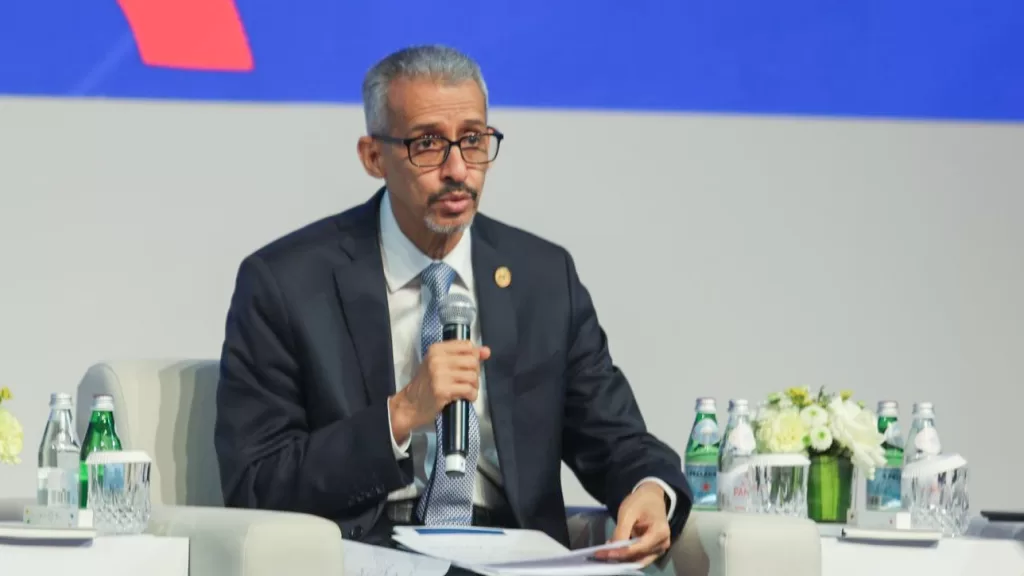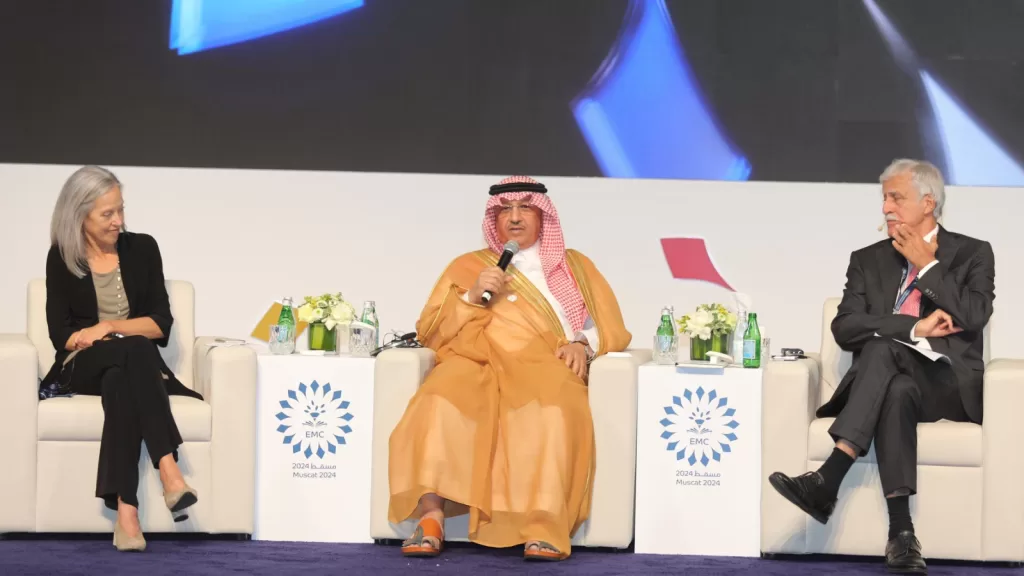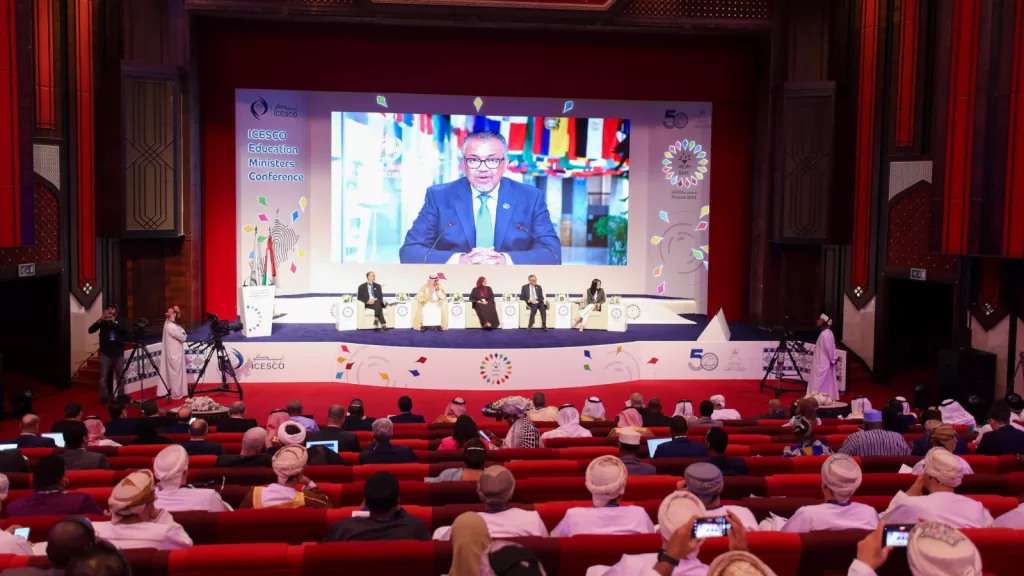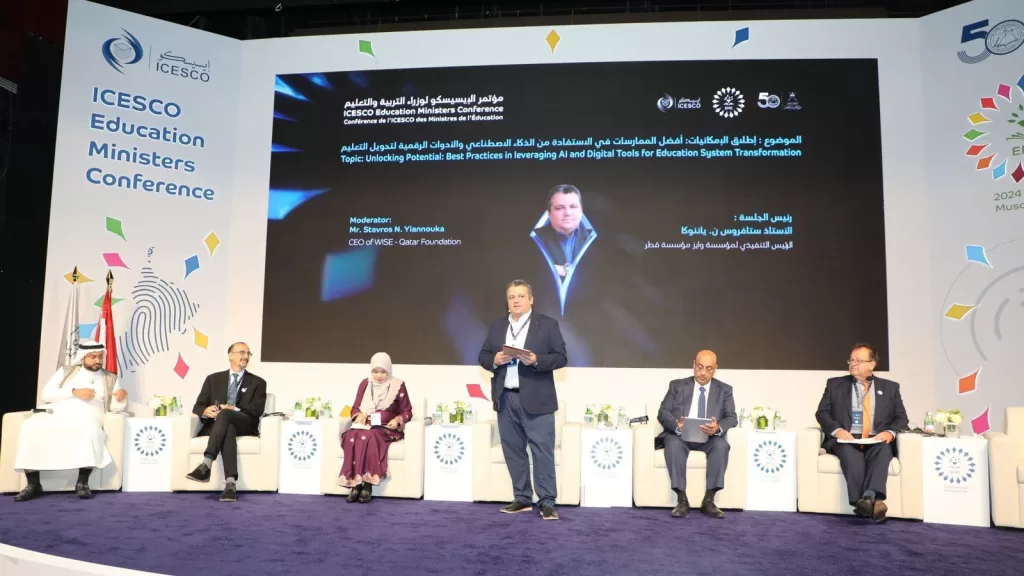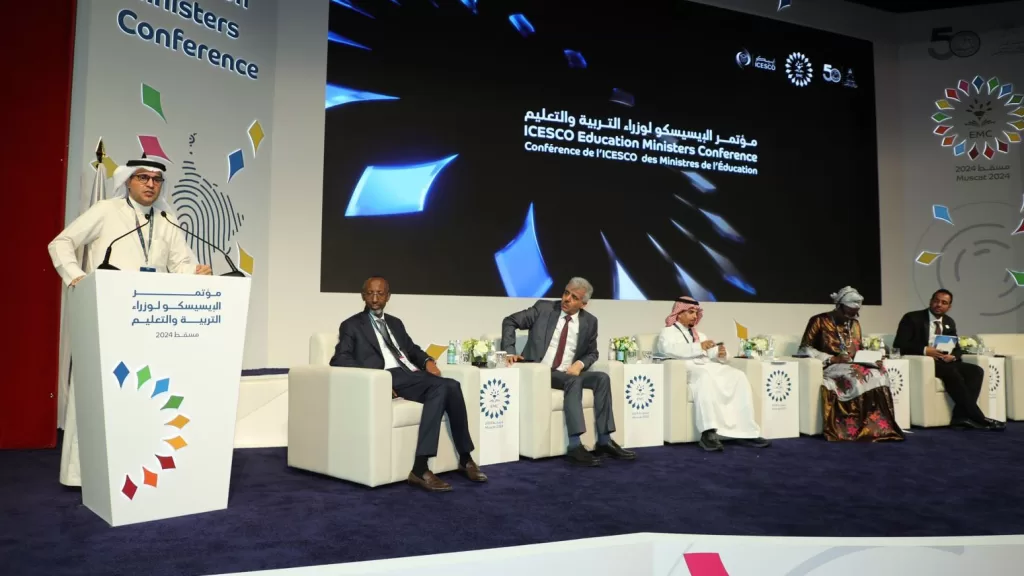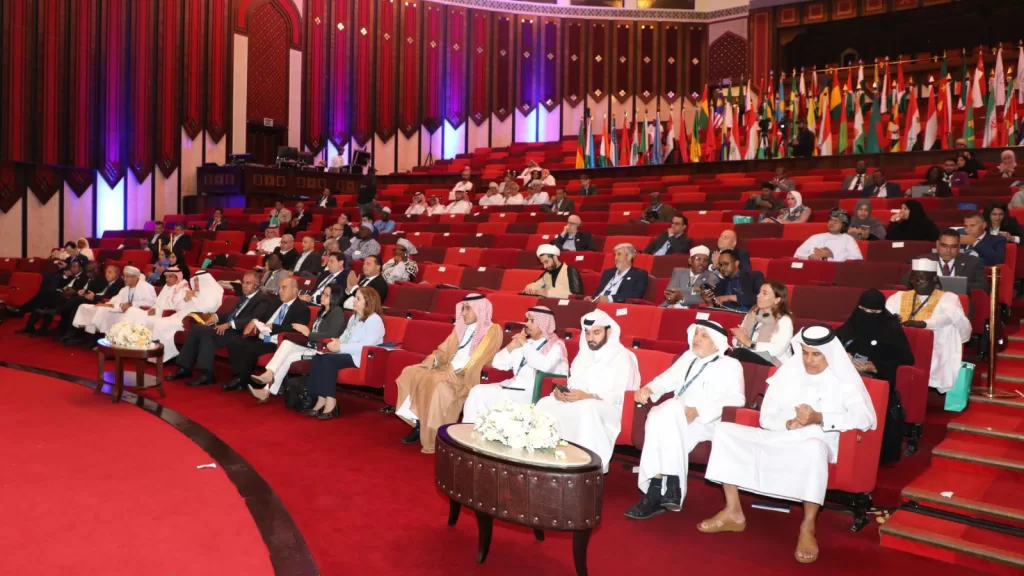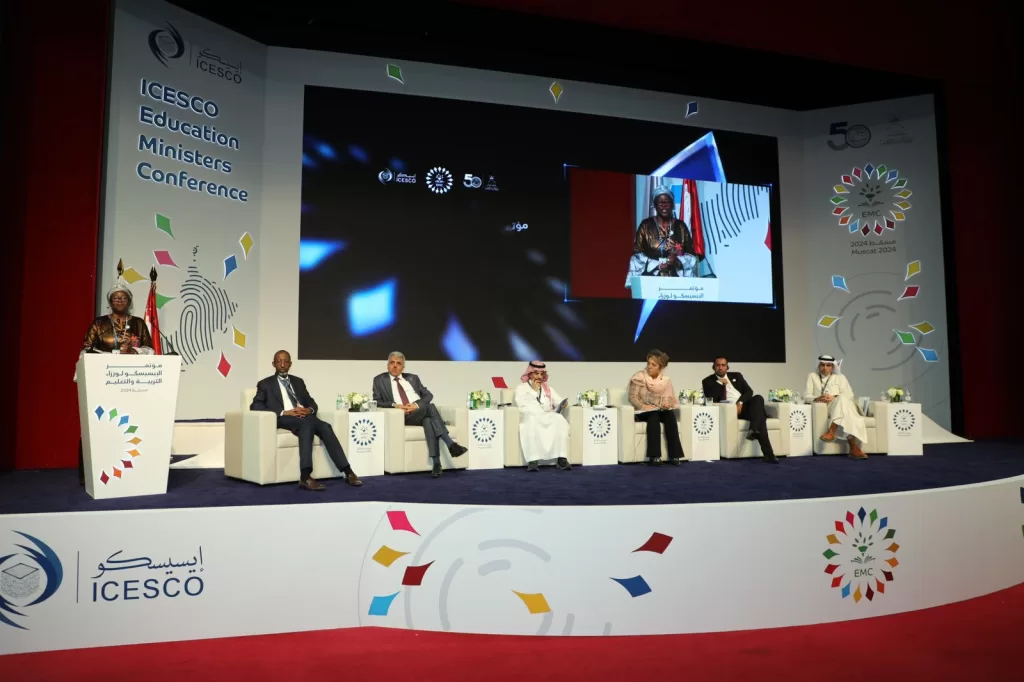Dr. Salim. M. AlMalik, Director-General (DG) of the Islamic World Educational, Scientific and Cultural Organization (ICESCO) received Ms. Leyla Aliyeva, Vice President of the Heydar Aliyev Foundation in the Republic of Azerbaijan, who visited ICESCO headquarters on Monday, October 14, 2024, accompanied by Mr. Anar Alakbarov, Executive Director of the Foundation, and Amb. Nazim Samadov, Ambassador of Azerbaijan to Morocco.
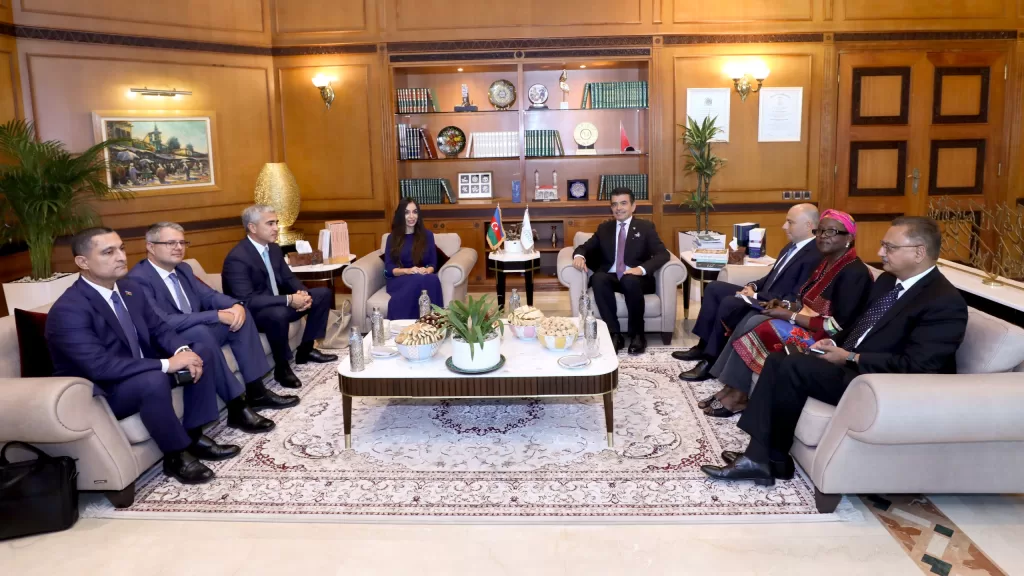
At the beginning of the meeting, Dr. AlMalik welcomed Ms. Leyla Aliyeva, stressing that her visit reaffirms the special partnership relations between ICESCO and Azerbaijan in the fields of education, science and culture. The Director-General also commended the sustained support for ICESCO’s initiatives, programs and projects extended by H.E. President Ilham Aliyev, President of the Republic of Azerbaijan, and H.E. Ms. Mehriban Aliyeva, Azerbaijan’s First Lady, First Vice-President of the Republic, ICESCO’s Goodwill Ambassador and President of the Heydar Aliyev Foundation.

Moreover, Dr. AlMalik stated that these special cooperation relations between ICESCO and Azerbaijan are reflected in the projects and activities being implemented to promote joint action in the Organization’s areas of competence, particularly those implemented as part of the celebration of Shusha as the Culture Capital in the Islamic World for 2024.
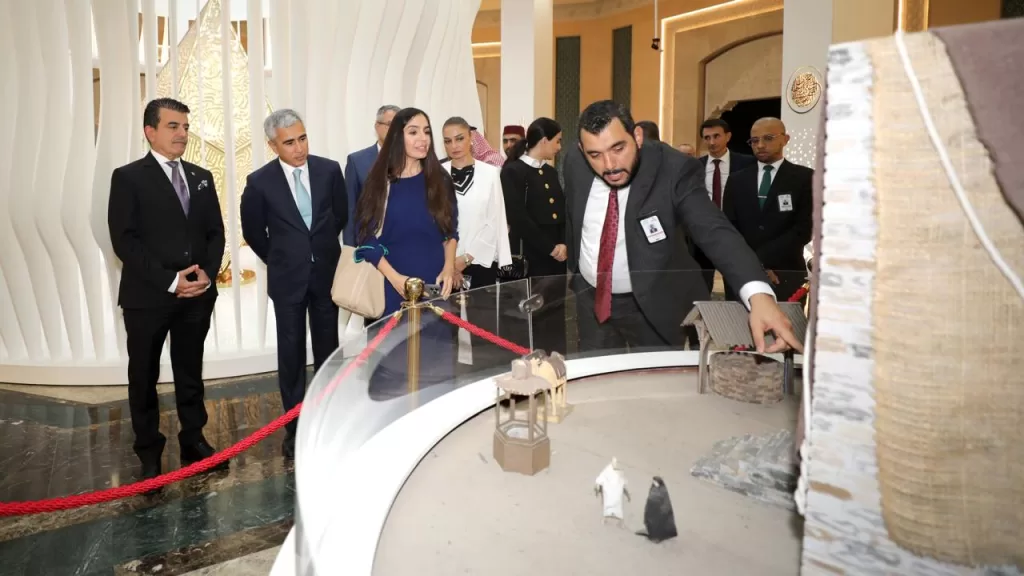
The DG also highlighted ICESCO’s vision and strategic orientations, stating that these new instruments adopt openness, strategic foresight and support for the Member States to address future challenges, through capitalizing on modern technology and AI applications, promoting innovation, and building the capacities and developing the skills of women and youth to keep up with the demands of the professions of the future.

For her part, Ms. Aliyeva commended ICESCO’s roles and efforts to support its Member States in its areas of competence, and conveyed Azerbaijan’s great appreciation for the Organization’s work, stressing the Foundation’s keenness to promote cooperation with ICESCO.
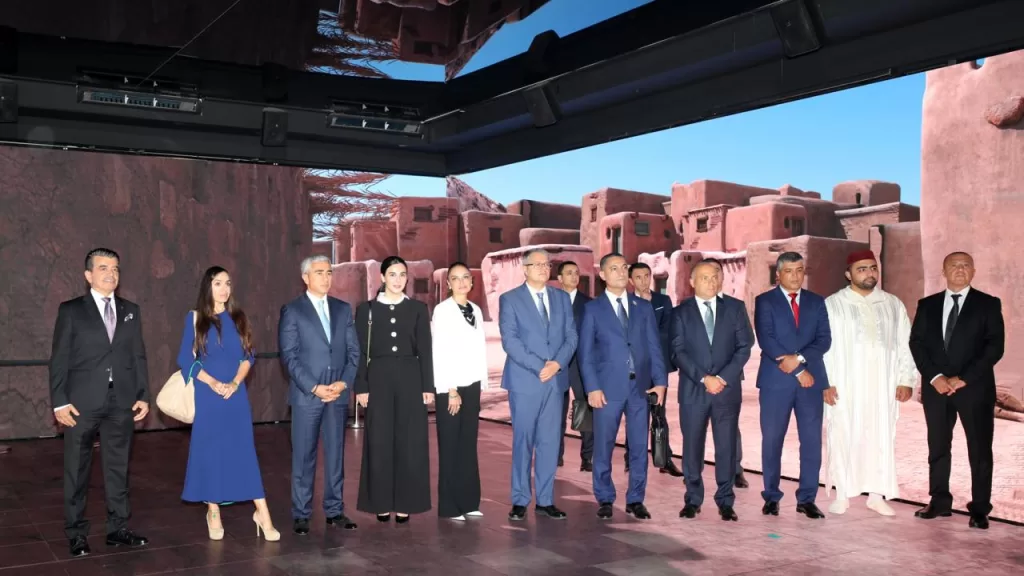
Following the meeting, the two parties signed an agreement providing for the Foundation’s sponsorship of ICESCO’s project, “Educational and Social Support for Internally Displaced and Girls and Boarders in Burkina Faso”. The Director-General then took Ms. Aliyeva and her accompanying delegation on a tour to the International Exhibition and Museum of the Prophet’s Seerah and Islamic Civilization, currently housed at ICESCO.
